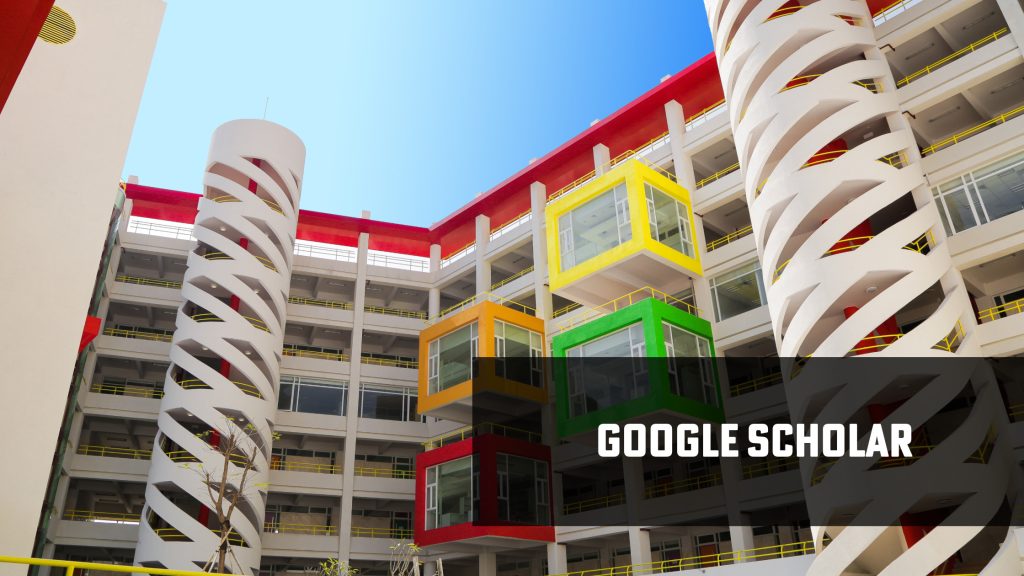
A search engine called Google Scholar offers connections to full-text publications that the University Library System subscribes to or to papers that the publisher has made publicly available. Additionally, Scholar offers content from academic publishers, professional associations, preprint libraries, and academic articles that have been published online.
You may see the results with ‘Full View’ or ‘Read Article’ which are readable through our discovery system. Connect to our library system in one click.
How to use Google Scholar?
Search Help
Get the most out of Google Scholar with some helpful tips on searches, email alerts, citation export, and more.
Finding recent papers
Your search results are normally sorted by relevance, not by date. To find newer articles, try the following options in the left sidebar:
- click “Since Year” to show only recently published papers, sorted by relevance;
- click “Sort by date” to show just the new additions, sorted by date;
- click the envelope icon to have new results periodically delivered by email.
Locating the full text of an article
Abstracts are freely available for most of the articles. Alas, reading the entire article may require a subscription. Here’re a few things to try:
- click a library link, such as Full View, Read Articles, or @USJ to the right of the search result;
- click a link labeled [PDF] to the right of the search result;
- click “All versions” under the search result and check out the alternative sources;
- click “Related articles” or “Cited by” under the search result to explore similar articles.

If you’re affiliated with a university, but don’t see links such as “FindIt@Harvard”, please check with your local library about the best way to access their online subscriptions. You may need to do search from a computer on campus, or to configure your browser to use a library proxy.
Getting better answers
- If you’re new to the subject, it may be helpful to pick up the terminology from secondary sources. E.g., a Wikipedia article for “overweight” might suggest a Scholar search for “pediatric hyperalimentation”.
- If the search results are too specific for your needs, check out what they’re citing in their “References” sections. Referenced works are often more general in nature.
- Similarly, if the search results are too basic for you, click “Cited by” to see newer papers that referenced them. These newer papers will often be more specific.
- Explore! There’s rarely a single answer to a research question. Click “Related articles” or “Cited by” to see closely related work, or search for author’s name and see what else they have written.
